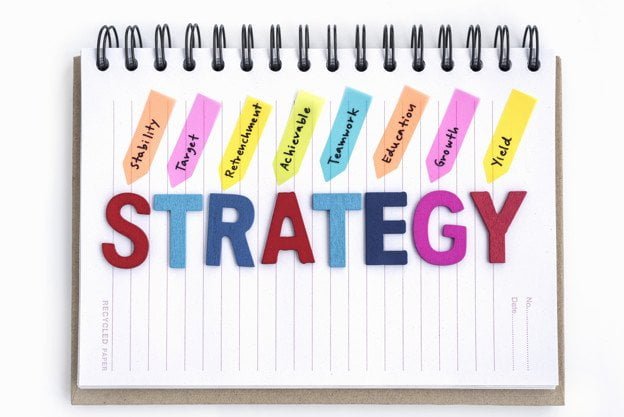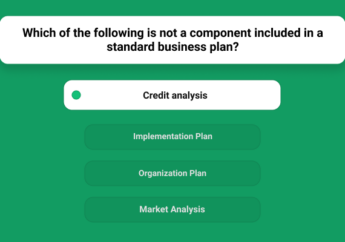Strong Strategic Plan is Your Roadmap for Success
by Arina Smith Business Planning 14 November 2019

If you’re a business owner, it’s significant that fall is here. It’s time to start thinking about your strategic business plan for 2020. With a new year only weeks away, you’ll want to consider where your company is now and where you want it to go in the months ahead.
“Your strategic plan is your roadmap for business success,” says Rob Morton, founder, and Principal of RLM Consulting, a strategy and operations consulting firm based in Toronto. “It helps you articulate your goals, objectives, time frames, action items, and more.”
Experts agree that a strategic plan provides established company owners and new entrepreneurs alike with a strong foundation. By creating a document to which you can refer daily, you’re able to measure progress toward reaching your goals as well as keep things on track when things start getting hectic.
“Everyone is busy, and a good plan can help you from getting sidetracked by things that arise daily that aren’t necessarily part of the plan,” Morton says.
It sounds like a daunting task, but it doesn’t have to be a chore. For example, there might be some things you’ve been thinking about what you want to accomplish in the new year. Also, as you start to piece your intentions and ideas together, you’re likely to be spurred to think of new things.
So how do you start your Strategic Plan?

According to Jodie Shaw, CMO at The Alternative Board and a 20-year marketing veteran, it begins with defining your company innovation, which she says you should be able to do in 100 words.
“Develop this statement and make it publically available to both customers and employees,” she writes. “This statement should answer the main questions that drive your business: Where is your company headed? What do you want your company to be? If you don’t know the solutions to these questions off the top of your head, then you have some thinking to do! If you have the solutions in your mind, but not on paper—get writing.”
Next comes goal-setting:
You’ll want to state your overarching goals and determine ways to measure your progress daily concerning each of them. For customers, it might be customer satisfaction. For shareholders, it could be profits and dividends. For other stakeholders, think in terms of what’s meaningful to them. The upshot is that you want to always be acutely aware of the effectiveness of your plan and how it’s working. It’s also possible that relevant changes in the marketplace might mean you have to modify parts of your plan.
With goals in place, you’ll need to develop strategies for achieving them:
Vele Galovski, vice president of field services research for the Technology Services Industry Association (TSIA), suggests using a “rule of three” by developing three major masterplans for each goal. “You will also be required to develop concrete metrics with breakthrough goals for each plan that will allow you to track your progress daily,” he says.
Once you’ve defined the clear goals, plans, and metrics, Galovski says, “It’s time to examine the gaps between your present performance and the benchmark.” He recommends restrict yourself to listing only three achievable tactics. “Any more,” he says, “and you risk lowering your possibilities of making any progress due to resource constraints, distraction, etc., so it’s best to keep it easy.”
A key part of any strategic plan’s success depends on the support it receives from your employees. After all, they’re the ones who will be responsible for bringing the tactics in the plan to life.
Holly Green, the CEO and managing director of The Human Factor, Inc., suggests including metrics in the plan that make employees feel engaged. “Things like improving customer satisfaction and/or retention, rushing up response o, reducing scrap, developing a new service or product — just about anything that ties directly to the works and activities people perform regularly.”
She adds, “When employees can see what winning looks in ways they can connect to, they make better decisions in favor of the plan.”
Read Also:







































































































